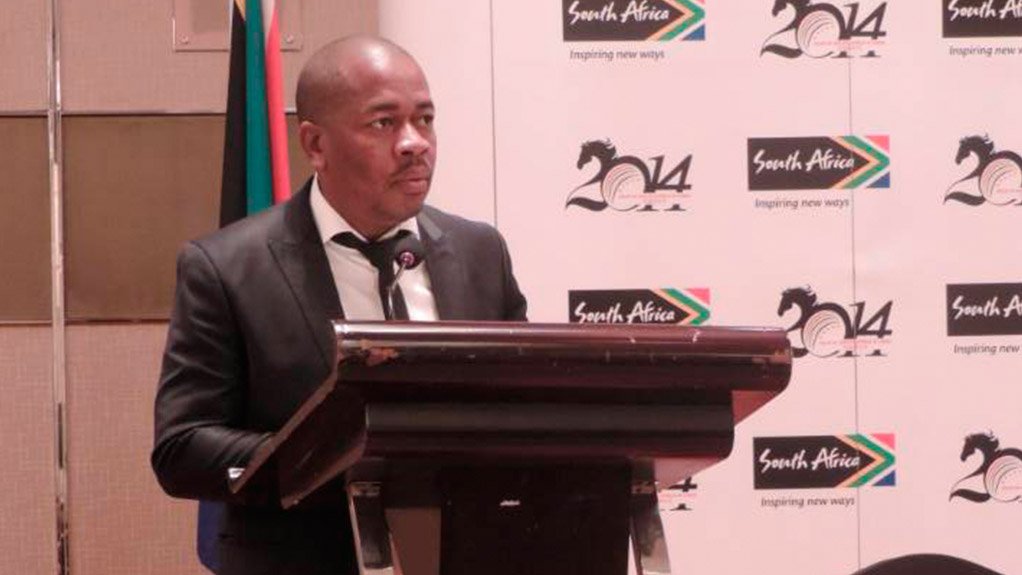The first leg of one of South Africa’s largest equity equivalent investment programmes (EEIPs), aimed at bringing a research hub to the nation’s shores, along with enterprise and deep skills development, was officially implemented on Wednesday.
The launch of an enterprise development programme marked the start of information technology giant IBM’s ten-year R700-million alternative broad-based black economic-empowerment (BBBEE) initiative.
In February, IBM, in conjunction with the Department of Trade and Industry, unveiled its plans to inject millions of rands into skills development and education in the fields of science and technology in South Africa, establish an extensive research hub in Johannesburg and ensure healthy enterprise development over a ten-year period, IBM South Africa COO Ziaad Suleman pointed out.
Launched by Trade and Industry Deputy Minister Mzwandile Masina, in Midrand, on Wednesday, the EEIP, which would improve IBM’s BBBEE rating from level four to level two, was an alternative option for multinational businesses that were unable to relinquish shareholding to contribute to their BBBEE obligations.
On the back of this, 36 aspiring entrepreneurs, 30 black-owned and black women-owned start-ups and eight mature businesses would now get a leg up with the launch of IBM’s “entrepreneurs portal” as part of the enterprise development component of the programme.
The portal offered a range of support mechanisms, including one-year incubation, financing, coaching and mentorship support, business process support and access to markets, as well as access to a “world-class” data centre for developing and testing information and communication technology solutions, access to shared intellectual property (IP) and deep skills development.
Over the ten-year period, the programme would also uplift students, supporting the education of 46 undergraduates, six masters students and four Phd students, with bursaries at the University of the Witwatersrand (Wits), internships at IBM and supplementary short courses and project work within green technologies, cloud computing, smarter cities, analytics and mobile technologies, said IBM executive director Gavin Pieterse.
These initiatives would be supported by the establishment of Research Africa – an innovative new laboratory in Johannesburg that focused on advancing big data, cloud computing and mobile technologies, besides others.
As part of the decade-long investment programme, the new research facility, based at Wits, aimed to expand research and development activities, foster innovation and allow for the commercialisation of South Africa-developed IP.
“This is a big deal,” Suleman said, with the company outlining the numerous awards, inductions and commendations, including the Nobel prize, National Academy of Sciences, US National Medals of Technology, US National Medals of Science and US National Inventors Hall of Fame, that the hub’s global researchers and scientists had attracted.
In addition to Wits, IBM, which had 13 other research hubs worldwide, had already partnered with the Department of Science and Technology and the Council for Scientific and Industrial Research to collaborate on research programmes and skills development.
According to a previous statement by IBM, the new researchers would explore the role of advanced digital and mobile technologies and big data analytics in urban renewal, as well as develop new solutions using big data analytics and cognitive computing to bolster the “efficiency, scalability and effectiveness” of healthcare in South Africa and the rest of Africa.
The hub’s researchers, along with the Netherlands Institute for Radio Astronomy and Astron, would also contribute to the collection and analysis of the unprecedented amounts of big data emerging from the Square Kilometre Array project.
EMAIL THIS ARTICLE SAVE THIS ARTICLE
To subscribe email subscriptions@creamermedia.co.za or click here
To advertise email advertising@creamermedia.co.za or click here











